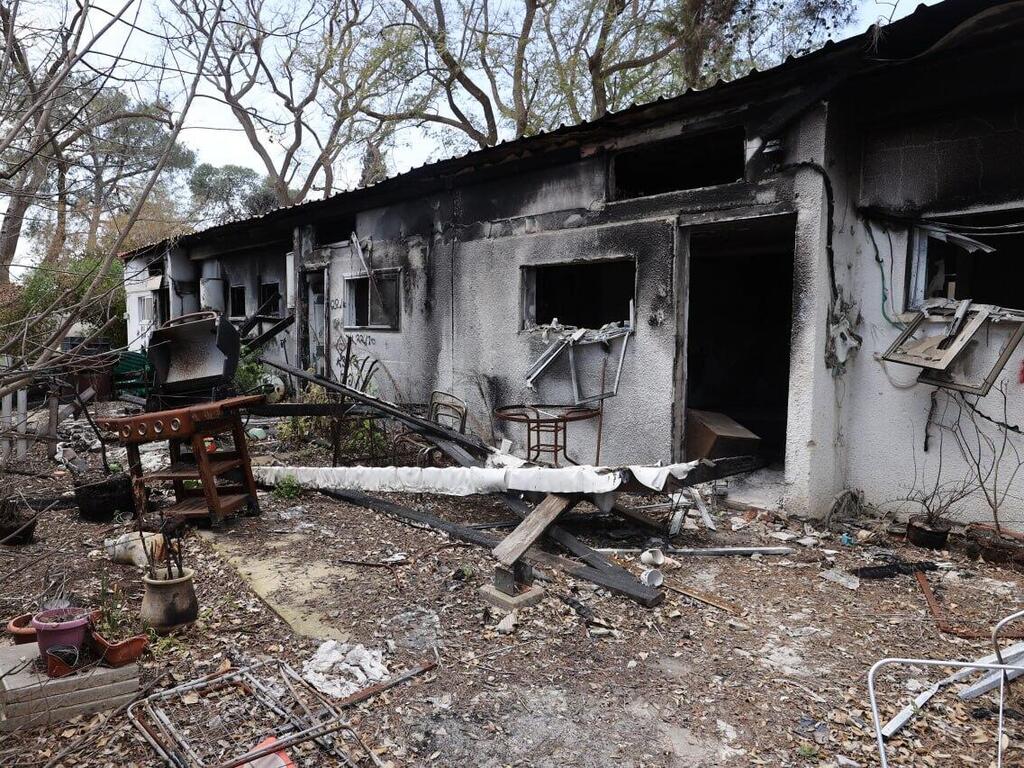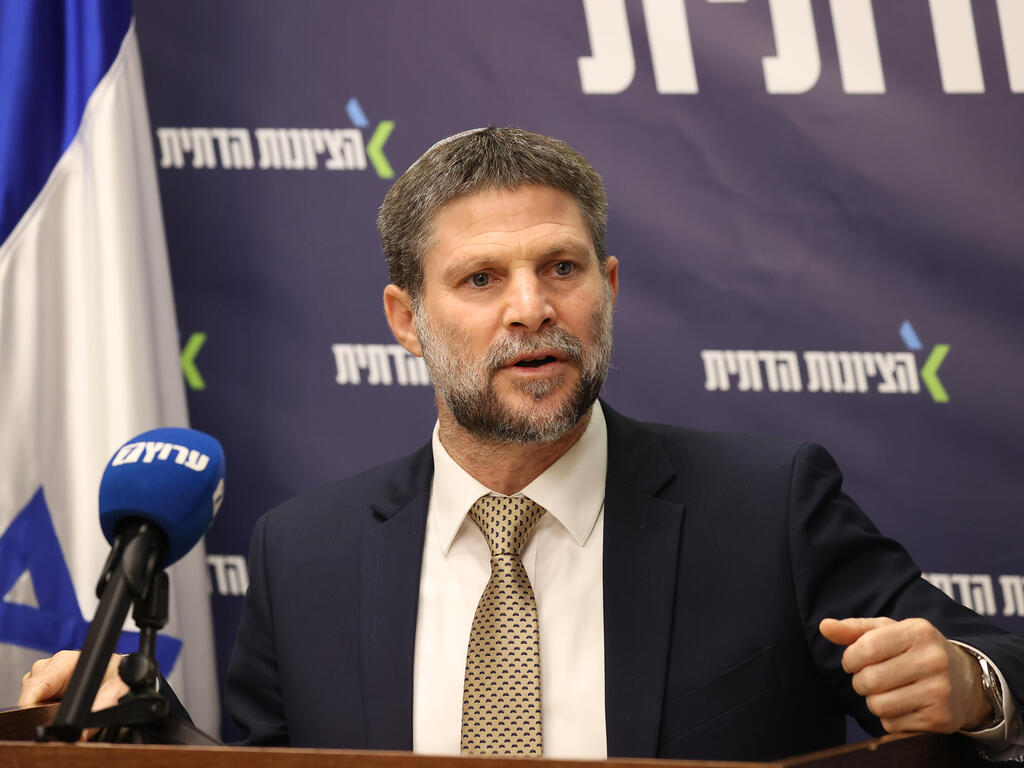Getting your Trinity Audio player ready...
Israel’s coalition government is moving quickly to pass a record 2025 state budget and a contentious bill to change the makeup of the committee that appoints judges, in a legislative push ahead of a month-long spring recess set to begin next week.
The proposed budget, totaling approximately 620 billion shekels ($168 billion), is the largest in Israel’s history. It includes significant increases to defense and coalition-backed ministries but excludes previously promised funding for southern and northern communities impacted by recent fighting. Budgets for Israel’s LGBTQ community, at-risk youth, local crime prevention, education and the national health basket are also being cut.
3 View gallery


Prime Minister Benjamin Netanyhau and National Security Minister Itamar Ben-Gvir in the Knesset
(Photo: Shalev Shalom)
The Knesset is expected to begin debating the budget Monday at 8 p.m., with discussions lasting up to 15 hours. Voting is set to begin Tuesday morning. On Wednesday, a special “40 signatures” debate will be held in the presence of Prime Minister Benjamin Netanyahu, followed by a late-night session on the judicial selection bill, expected to pass in its final readings Thursday afternoon.
The budget proposal was placed before the Knesset after being approved by the Finance Committee. Its passage is likely after the far-right Otzma Yehudit party led by Itamar Ben-Gvir rejoined the coalition, giving Netanyahu’s government a stable majority of at least 64 lawmakers.
The Defense Ministry is set to receive the largest share at 109.8 billion shekels (about $29.8 billion). The Education Ministry will receive over 92 billion shekels (about $25 billion), the Health Ministry 59 billion shekels (about $16 billion), and the National Insurance Institute 61 billion shekels (about $16.6 billion). The Ministry for National Security is allocated 25 billion shekels (about $6.8 billion). Other coalition-affiliated ministries will also see boosts, including 390 million shekels (about $106 million) for the Ministry for National Missions, 118 million shekels (about $32 million) for the Jerusalem and Jewish Tradition Ministry, and 78 million shekels (about $21 million) for the Heritage Ministry.
By contrast, no funding was included for the rehabilitation of communities near the Gaza border hit during the October 7 Hamas attack, nor for rebuilding northern towns affected by Hezbollah rocket fire and evacuations. Other cutbacks include reduced funding for the LGBTQ community, classroom expansions and the national medication subsidy program.
The budget also allows for a rise in the national deficit to 4.7%, contrary to promises by Finance Minister Bezalel Smotrich that it would remain unchanged. The plan includes 5.4 billion shekels (about $1.47 billion) in coalition funds, such as 656 million shekels (about $178 million) for ultra-Orthodox institutions and Jewish identity programs. Around 10 billion shekels (about $2.7 billion) in defense-related spending remains undisclosed.
To ensure swift passage, the Knesset House Committee invoked Clause 98 of the parliamentary rulebook to limit debate to 15 hours. Monday’s plenary session was moved up to 11 a.m. at the request of Knesset Speaker Amir Ohana.
During the opening debate, Finance Committee Chair Moshe Gafni will present the bill, followed by opposition lawmakers who are expected to use their full speaking time. Tuesday’s session will conclude with remarks by Smotrich, opposition leader Yair Lapid, and Gafni.
Coalition leaders have also limited amendment votes, allowing just 35 votes on textual clauses and three votes per budget item. Each side is permitted no more than three roll-call votes during the second and third readings.
<< Get the Ynetnews app on your smartphone: Google Play: https://bit.ly/4eJ37pE | Apple App Store: https://bit.ly/3ZL7iNv >>
The budget must pass by March 31 to avoid automatically triggering new elections. Once passed, the coalition is expected to shift focus to the bill restructuring the Judicial Selection Committee, a top priority for Netanyahu’s government.
Other controversial bills, including a proposed military draft exemption for ultra-Orthodox men, an immunity bill for lawmakers, media reforms and legislation expanding the criteria for disqualifying Knesset candidates, are expected to be delayed until the next parliamentary session.




